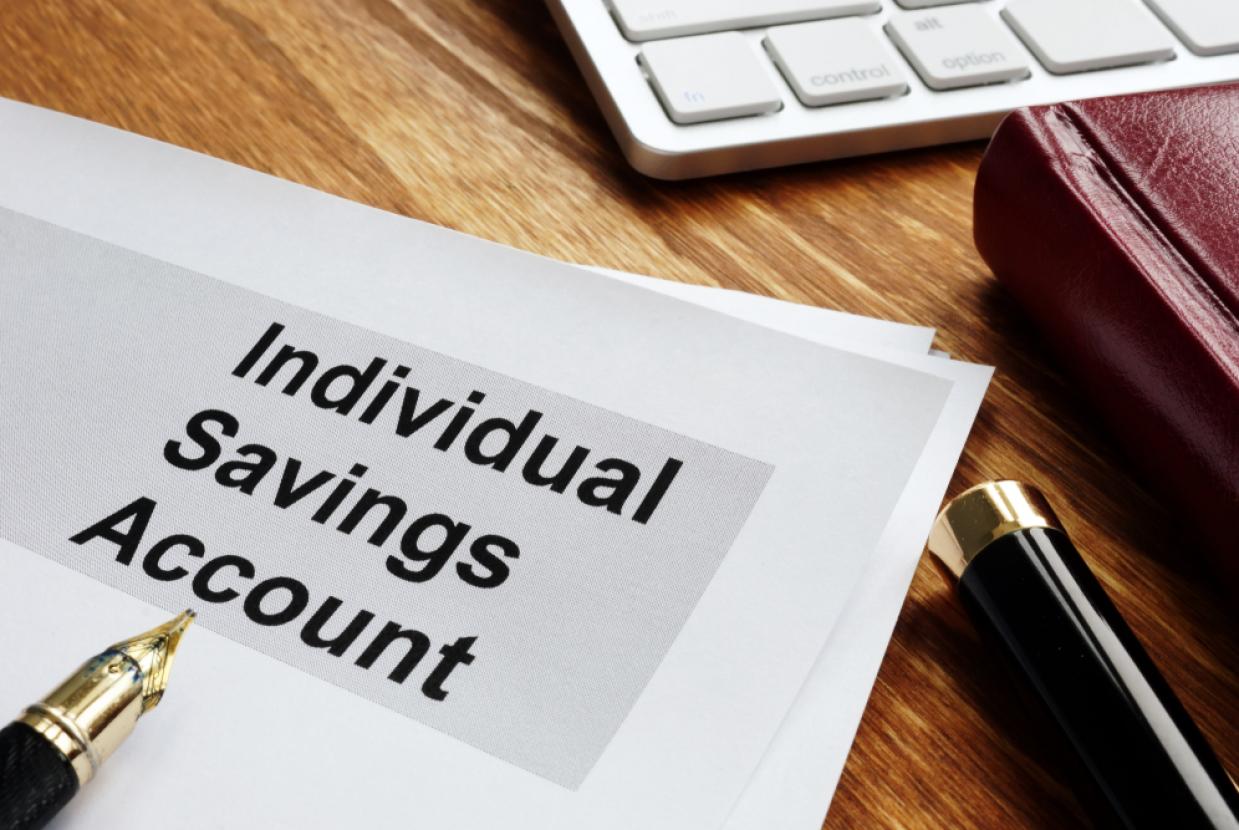Lifetime ISAs
Lifetime ISAs (also known as LISAs) are a type of ISA created to help people save either for their first home or for retirement. If you take out a Lifetime ISA, the government will give you a bonus worth 25% of what you pay in, up to a set limit, every tax year. Find out whether taking out a Lifetime ISA is the best option for you.
How a Lifetime ISA works
You can choose to open a cash Lifetime ISA, an investment LISA or a combination of the two. Here’s how they work:
- You can put a maximum of £4,000 into a Lifetime ISA each tax year.
- You’re paid a 25% bonus from the government, which will be paid monthly.
- The maximum bonus you can earn in a tax year is £1,000.
- The amount you pay in is linked to your annual ISA allowance (£20,000 for 2025/26) – for example, if you pay £1,000 into your Lifetime ISA, you can still pay £19,000 into other ISA products.
- Any bonus you earn doesn’t count towards your ISA allowance.
- You can open a Lifetime ISA with any bank, building society or investment manager that offers the product.
- You can hold multiple Lifetime ISAs, although you can only pay into one each tax year. You can also transfer your Lifetime ISA to another provider, for example to get a better interest rate.
- You can open a Lifetime ISA, a Cash ISA, a Stocks and Shares ISA and an Innovative Finance ISA in each tax year.
- You can continue paying into a Lifetime ISA until you’re 50.
How the bonus works
If you put £1,000 into your Lifetime ISA, the government will add an extra £250. This would leave you with £1,250 at the end of the tax year. If you saved £200, you’d get £250 in total.
HMRC calculates bonus payments on a month-by-month basis, based on payments you make into your account from the 6th of the month to the 5th of the following month.
If you have an investment Lifetime ISA, it’s a good idea to check with your provider as some might treat bonus payments differently. Some will automatically reinvest bonus payments, taking advantage of any potential growth and increase in value. While others might put your money into non-interest earning cash accounts. This means you might miss out on interest or future potential growth of your invested fund.
Using a Lifetime ISA to buy your first home
If you want to use a Lifetime ISA to buy a home, there are a few restrictions you need to keep in mind:
- Only first-time buyers can use Lifetime ISAs to buy a home, which means you can’t own, or have owned, a home in the UK or anywhere in the world.
- You’ll need to be buying a home for no more than £450,000.
- You must be buying a home you plan to live in – the scheme isn’t for buying a home you want to rent out, or a holiday home.
- You must use a traditional repayment mortgage.
You can combine your Lifetime ISA with other schemes such as shared ownership. Find out more at GOV.UK's Affordable home ownership schemes.
Buying a property together
If you want to buy a home with your partner and you both meet the eligibility criteria, you can combine your Lifetime ISAs to buy a property together.
If only one of you is eligible – for example, if the other already owns a home – only the eligible person can use a Lifetime ISA.
Help to Buy ISAs
If you have a Help to Buy ISA, be aware that you can only use them to buy homes worth up to £250,000, or £450,000 if it's located in London.
Lifetime ISAs can be used to buy homes worth up to £450,000, both in and outside London.
Help to Buy ISAs are closed to new customers. If you already have a Help to Buy ISA, you can keep saving into your account until November 2029. You must claim your bonus by November 2030.
Using a Lifetime ISA for retirement
You can make full or partial withdrawals from your Lifetime ISA, without paying a fee, when you turn 60.
If the Lifetime ISA provider allows it, the funds can remain invested and any interest or investment growth will continue to remain tax-free.
If you’re self-employed, a Lifetime ISA can be a good equivalent to a Workplace Pension Scheme.
Find out more about Workplace Pensions in our guide How pension auto-enrolment works
When you can access money
You can access money in your Lifetime ISA, including the government bonus and without paying any tax, if:
- you reach the age of 60
- you’re diagnosed with a terminal illness
- you’re buying your first home and your account has been open for 12 months.
If you close your account during the cooling off period, you won’t get the 25% bonus.
Taking money out of your Lifetime ISA
You’ll pay a withdrawal charge if you take money out for any reason other than the three mentioned above. The charge is 25% of the amount withdrawn.
This is worked out after your bonus is paid – remember, you’ll only get the bonus if you take money out 12 months after your first payment into the account.
So if you get a bonus, and had £1,000, you’d have a total of £1,250 to take out. The 25% penalty charge is £312.50, so you’d only get £937.50 in your pocket. This means you’d lose some of your savings and get back less than you invested.
That’s why a Lifetime ISA is only really suitable if you want to use it to help buy your first home, or to save for retirement.
What happens if you die
If you die, any money in your Lifetime ISA, including interest and bonuses, is passed on to your beneficiaries without penalty. But it will lose the ISA tax-free status and will form part of your estate for Inheritance Tax purposes.
Savings could affect certain benefits
Money kept in a Lifetime ISA is treated like money held in other types of ISAs. The 25% bonus is usually taken into account when working out any cash-in value.
That means it could affect whether you’re entitled to certain benefits. For example, any means-tested benefits could be affected, as funds within a Lifetime ISA are treated as savings.
Plus, money within a Lifetime ISA would be seen as an asset for debt recovery purposes.
What to do if something goes wrong
If you’re unhappy with the service from your Lifetime ISA provider, try contacting them first to see it they can make things right. If that doesn’t work, you can make a formal complaint.
If the problem is still unresolved after eight weeks, you can take your complaint to the Financial Ombudsman for an impartial decision.






































